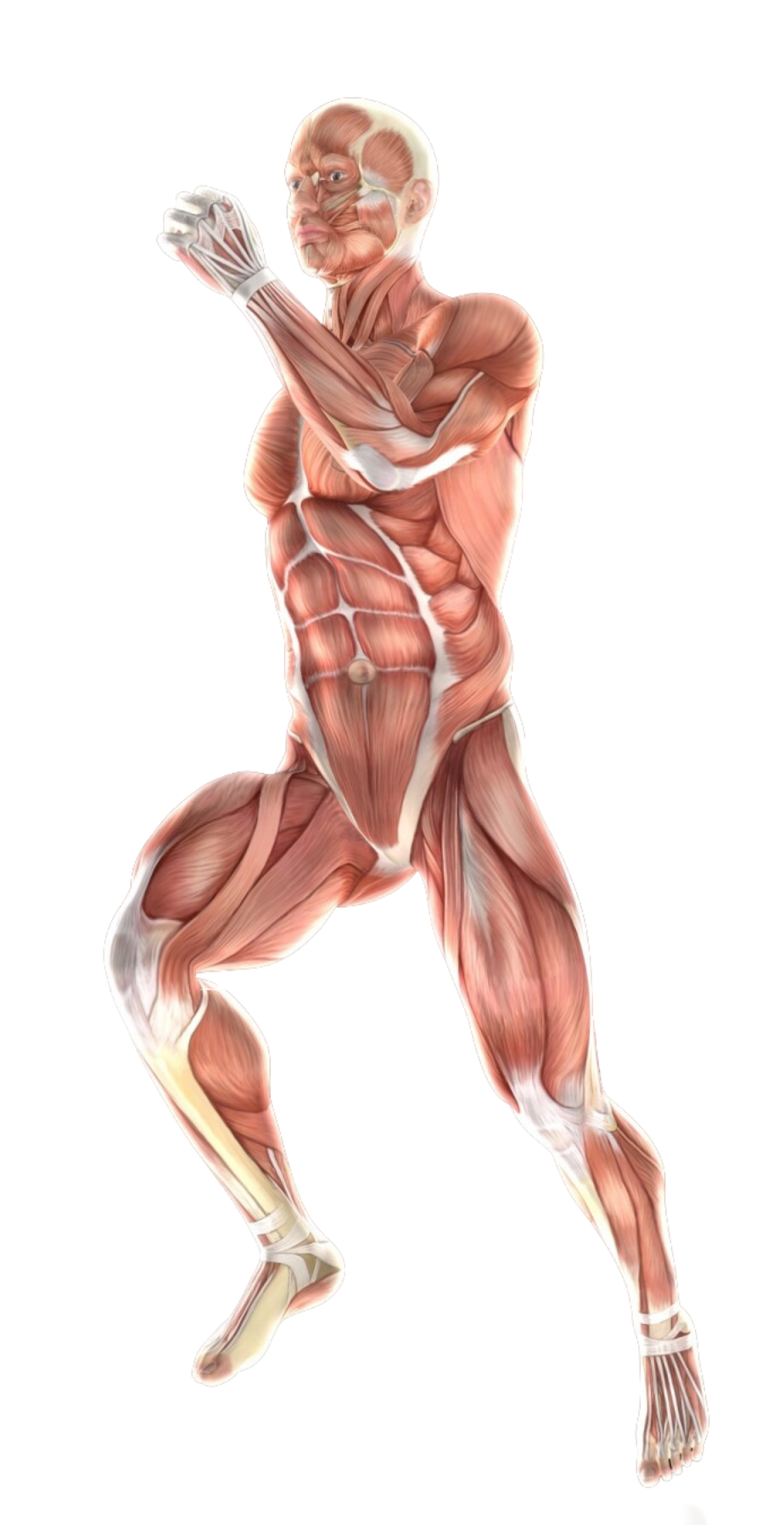- #11-13 Mount Elizabeth Medical Centre (Orchard)
- Mon Fri 9am — 6pm | Sat 9am — 12.30 pm
A dislocated shoulder occurs when the ball (humeral head) of your upper arm bone (humerus) slips out of its socket (glenoid) in the shoulder blade (scapula). The shoulder joint is a ball and socket joint, allowing a wide range of motion. However, this flexibility makes it more susceptible to displacement, especially with forceful impacts or awkward movements.
A dislocated shoulder typically presents with the following symptoms:
In cases of posterior shoulder dislocation, symptoms may be more subtle, often including pain and limited shoulder rotation, making diagnosis more challenging without imaging studies.
This shoulder dislocation is the most common type, occurring when the upper arm bone (humerus) is displaced forward out of the shoulder socket (glenoid). This type of dislocation often happens during activities where the arm is forcefully pushed backwards or rotated outward, such as falling on an outstretched arm or during contact sports.
Less common than anterior shoulder dislocation, posterior shoulder dislocation happens when the humerus is pushed backwards out of the glenoid socket. This dislocation type can be triggered by a direct blow to the front of the shoulder or by severe muscle contractions during seizures or electric shock.
Inferior shoulder dislocation involves the humerus being displaced downward beneath the shoulder socket. This type of dislocation typically occurs due to significant trauma or extreme hyperextension of the arm.
Partially dislocated shoulder, also known as subluxation, occurs when the humerus partially slips out of the shoulder socket without complete displacement. This condition can manifest with recurring episodes and may be accompanied by pain, instability, and restricted range of motion in the shoulder joint.
Several factors can lead to shoulder dislocation:
Some factors can increase your risk of dislocating your shoulder:
Diagnosis of a dislocated shoulder usually includes:
A health care professional will examine your shoulder to:
Imaging tests are not usually necessary for diagnosis but may be helpful in some cases:
The primary goal of treating a dislocated shoulder is to gently return the humeral head into its socket (reduction) and stabilize the joint. Here is an overview of treatment options.
Surgery for a dislocated shoulder is rarely necessary but may be considered in certain situations:
Shoulder dislocation occurs when the upper arm bone (humerus) is forced out of its socket in the shoulder blade. This can result from trauma, falls, or certain medical conditions.
Posterior shoulder dislocation is a rare type of shoulder dislocation where the humeral head is displaced towards the back of the body. Unlike the more common anterior dislocations, it is often caused by seizures, electrical shocks, or trauma and may present with more subtle symptoms.
Symptoms include pain, limited shoulder rotation, and difficulty with external shoulder movements. Unlike anterior dislocations, the arm may not appear visibly deformed, making diagnosis reliant on imaging studies.
Treatment generally involves reduction (manually repositioning the joint), immobilisation with a sling, and rehabilitation. In cases of posterior shoulder dislocation, additional imaging or surgical intervention may be required.
Yes, complications such as recurrent dislocations, joint instability, and arthritis may occur. Prompt treatment and adherence to rehabilitation protocols can help minimise these risks.
Preventive measures include strengthening shoulder muscles, practising proper techniques in sports, and avoiding high-risk activities. Individuals with a history of posterior shoulder dislocation should work closely with a physiotherapist to tailor their exercise programme.

Spine - Neck
Shoulder & Elbow
Spine — Back
Wrist & Hand
Knee Pain
Ankle Pain
Foot Pain
Book a consultation with us for a more comprehensive diagnosis and a personalised treatment plan best suited to your needs.

Spine - Neck
Shoulder & Elbow
Spine — Back
Wrist & Hand
Knee
Ankle
Foot